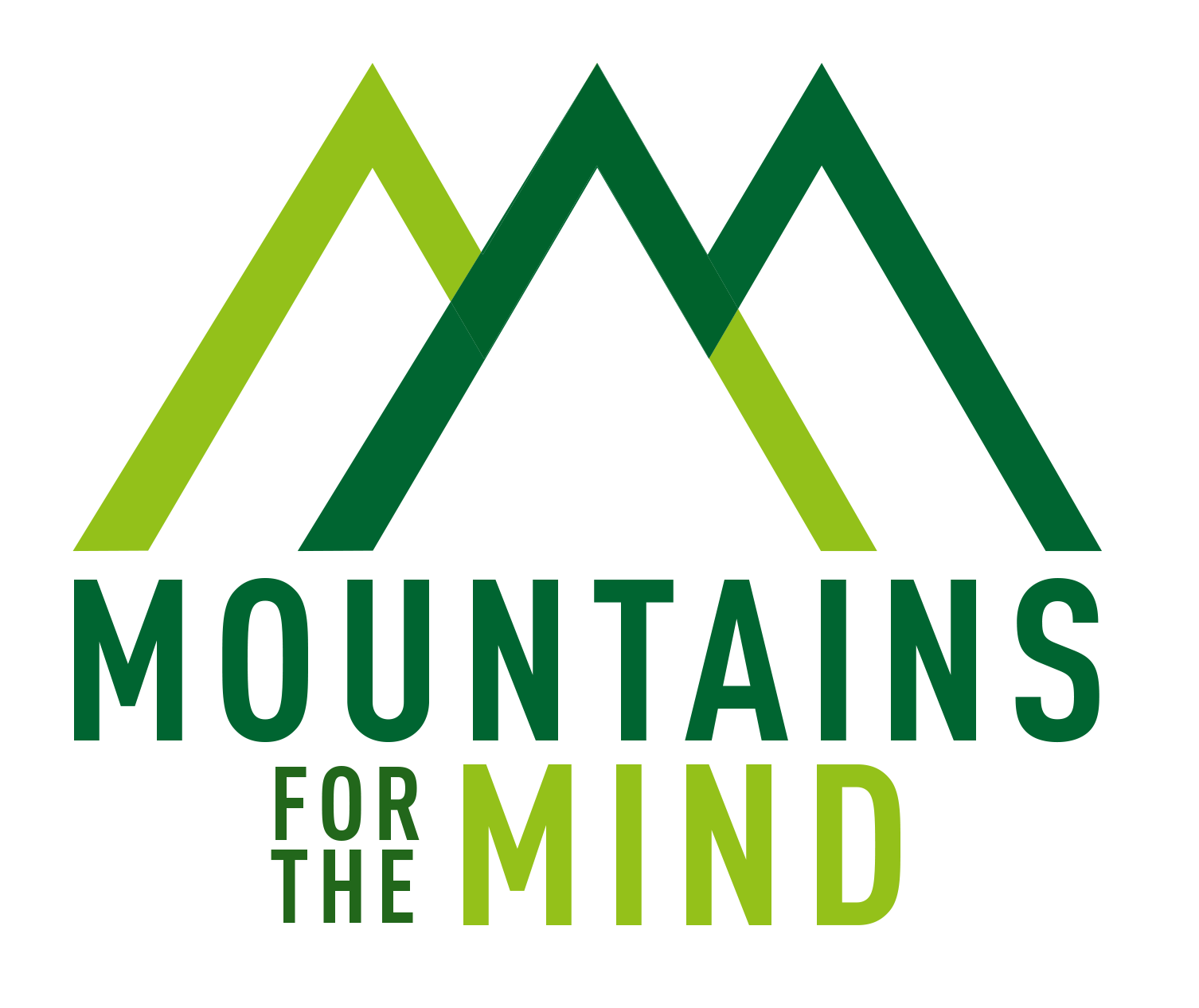Jeantique Hommel, paraclimber
“When I’m on the wall, all the hard stuff from the day fades away”
I’m a 26-year-old paraclimber from London, and was the bronze medallist at the 2019 UK BMC Paraclimbing Nationals. I have a condition called Hypermobile Ehlers-Danlos Syndrome (hEDS), which is a genetic connective tissue disorder that affects about one in every 2,500 individuals.
It falls across a broad spectrum of severity and causes chronic musculoskeletal pain, loose, unstable joints, dislocations/subluxations, and a broad range of comorbid issues such as digestive, bladder, heart, and other conditions involving connective tissue throughout the body.
There are some interesting overlaps between hEDS, mental health and neurodiversity, and this is something that is part of my personal story too. Ultimately, the main thing that has kept me going both physically and mentally in recent years has been climbing. Especially during periods of time when my illnesses have flared up more severely and I have needed a lot of time to rehabilitate, climbing really has been my "saving grace". I know I would be in a much worse off position without it.
I know that it can be hard for people to understand how someone with my disability can climb, yet be unable to do other things, but it is without doubt the best form of physiotherapy for my body. Mentally, it also gives me structure and purpose, a community, sense of belonging and something that makes me very proud. That is not to say that it isn't challenging of course; having hEDS, there are a number of adaptions I have to make in order to make climbing as safe and practical as possible.
But living in London, I have been incredibly lucky to find a diverse community of paraclimbers who have a wide range of both physical and mental health conditions and have become my close friends for life. We understand each other's disabilities and neurodiversity and adapt to one another's needs to ensure that climbing is as accessible and fun as possible for all of us. There is also fantastic LGBTQ+ representation in the paraclimbing community, which makes me feel even more at home there.
And climbing does not just help me manage the physical challenges I face, but for my mental health it is also one of the best therapies. When I am on the wall, all the hard stuff from the day fades away, and it becomes just me and the wall.
When I am climbing, I am the most at peace with myself and it is probably the one time I am so fully in the moment that I even forget about the concept of time. When I am climbing it is like I have the remote control of the world to put everything else on hold, to allow me to have a moment to breathe especially if it's been a difficult day. My friends tell me I am always grinning from ear to ear when I am on the wall!
I think the process of rock climbing is a fantastic analogy for life: it is not easy, it involves a lot of trust in yourself, and a lot of trust in others. Sometimes you have to be brave, sometimes you have to be careful, sometimes it involves planning, for me a lot of adapting, and sometimes you just have to wing it a little. Sometimes you might fall, and sometimes you might be in pain; but the most important part is that when it gets hard, you don't give up, you try and you try again, and you keep trying and you don't let that wall defeat you.
You might be slightly bruised and you might be slightly battered; you might even shed some tears, or kick the wall in frustration, or need to take some rests along the way and come back another time (and that's okay!), but the feeling when you do get to the top or finish the project your working on or just have a great session is indescribable.
Nothing can beat that, and being able to share it with the people who helped you get there too - that's the best feeling in the world.


